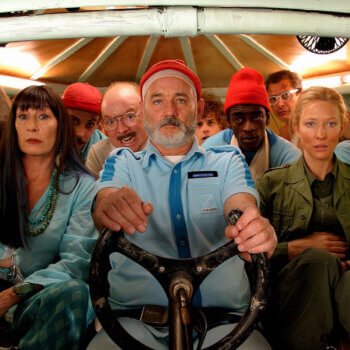A US federal court has ruled that the antitrust lawsuits that the Federal Trade Commission and 40 states had filed against Facebook failed to prove conclusively that the company is a de facto monopoly, rejecting the state lawsuits and giving the FTC 30 days to substantiate its arguments.
As a result, Facebook shares are up 4%, pushing the company’s share price over the mythical $1 trillion barrier for the first time, making it a member of a select club: with its $1.01 trillion valuation, the social network now joins Apple ($2.25 trillion), Microsoft ($2.02 trillion), Amazon ($1.74 trillion) and Google ($1.67 trillion).
The tech giants are now the only companies worth $1 trillion in the United States (oil major Saudi Aramco is valued at $1. 87 trillion, but it’s in decline and it is not listed on the New York Stock Exchange) while other competitors are at a respectable distance from that magical figure. In other words, we are at the crest of what Per Espen Stoknes, in his highly recommended book “Tomorrow’s Economy: A Guide to Creating Healthy Green Growth”, refers to as the digital and internet wave, which succeeded electronics, television and aviation (1945–1990), industry (1900–1970), steel, steam and railroads (1830–1900) or mechanization (1760–1830). Each of these innovation waves made the biggest players involved in them very rich. The current wave is no exception to this rule.
But the fact that these companies represent yet another innovation wave should make us think about the repercussions of their dominance: the fact that the technological landscape is so strongly polarized implies that these once-innovative companies now stifle innovation. Their size and economic power allows them to buy or copy any competition with a hint of innovation in their sector.
It is the failure of the authorities to do anything that has allowed these companies to become what they are now: untouchable monsters that invest millions of dollars in lobbying, that bend politicians to their will and that accumulate lists of hundreds of acquisitions, one after the other, until the reason for many small companies to innovate is simply the possibility of being acquired by one of these giants.
It’s very disheartening that a US federal court has now ruled that these kinds of monopoly are not a problem. Facebook reminds me of Mel Brooks’ Engulf and Devour Ltd. in “Silent Movie”: Marc Zuckerberg sits atop his pyramid, observing in detail the movements of more than two and a half billion people in the world, able to detect the slightest movement or trend, and then either buying any company that could pose competition, or simply copying its product as many times as necessary and sometimes even surveying its users to better understand its appeal.
In the cutthroat world of social networks, where one false move can be fatal, Zuckerberg now considers himself above any rules, and would probably make a pact with the devil himself to hold onto his position. How a judge could rule that there isn’t enough evidence to prove that Facebook is a monopoly defies understanding: if it looks like a duck, swims like a duck, and quacks like a duck, then it is probably a duck. Facebook is not just a monopoly: it is the definition of one.
After many years of doing nothing, Washington and Beijing are finally following the European Union’s long-standing lead in trying to regulate the tech giants to bring them under control. Sadly, Monday’s decision seems to show that they have waited too long, and that these large monopolies are now, to all intents and purposes, beyond the law.





























